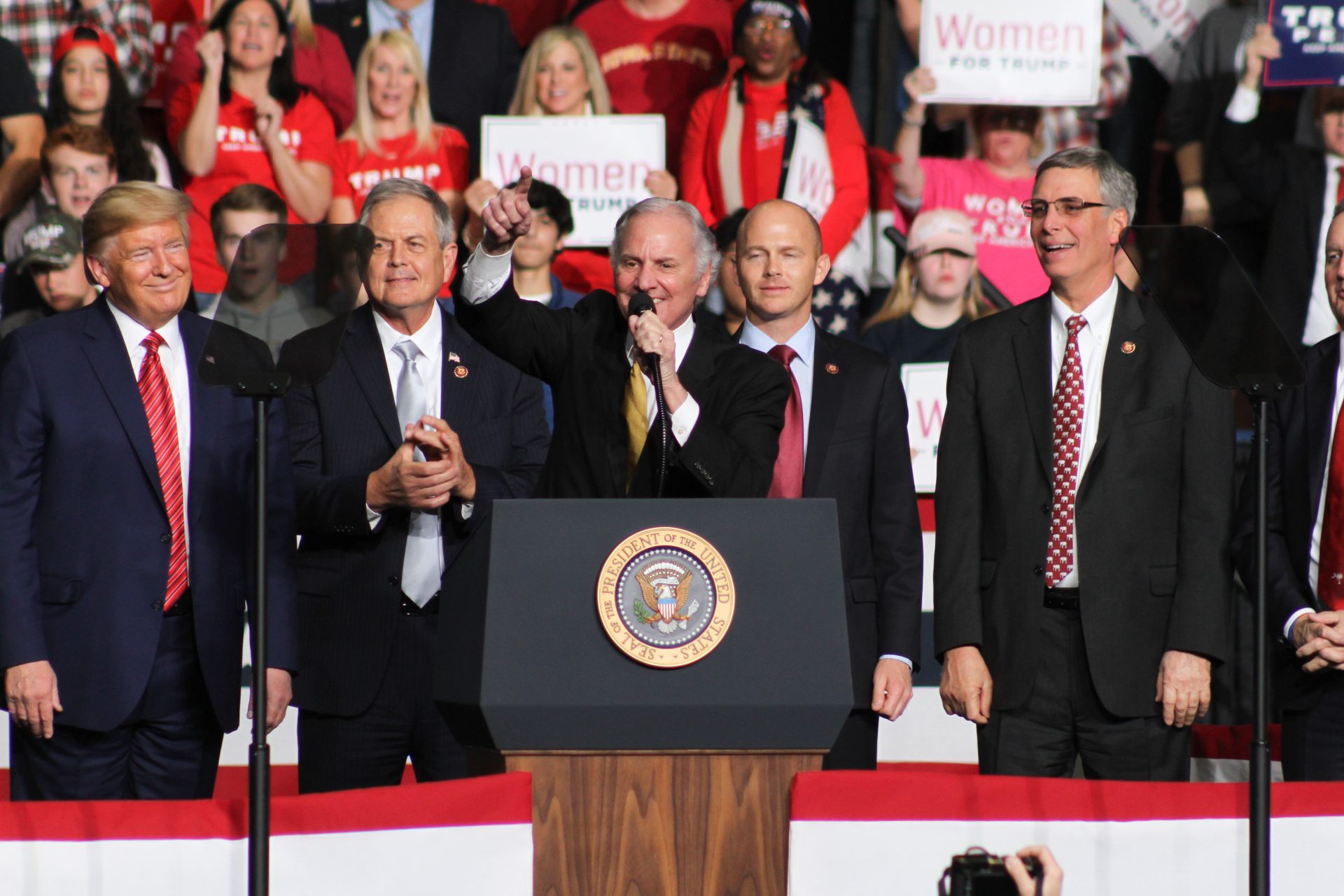
SCANDAL Delays Port Authority Picks – Where?
Governor Henry McMaster’s nominees to the South Carolina Ports Authority board have been blocked by lawmakers amid revelations of ties to political consultant Richard Quinn Sr., igniting an FBI-backed corruption probe and intensifying scrutiny over public contracting standards.
At a Glance
• Three seats on the Ports Authority board remain vacant after the legislature refused all outgoing nominees.
• The controversy centers on multi-year payments to Richard Quinn Sr.’s consulting firm connected to a broader Statehouse corruption investigation.
• Former Ports officials testified to FBI and state investigators about the Quinn relationship.
• Lawmakers have demanded more transparency before confirming any new appointments.
• The standoff highlights tensions over ethics oversight at a key economic agency.
Consultant Ties Prompt Fallout
The underlying issue involves a long-term contract the Ports Authority had with Richard Quinn Sr.’s consulting firm, which became scrutinized under subpoenas tied to the Statehouse corruption probe. Multiple former officials, including a former board chair, have testified to federal investigators about Quinn’s dealings with the port. Governor McMaster, who had worked with Quinn in the past, withdrew his board nominees amid the legislative backlash.
Watch a report: Charleston voices concern over exclusion from S.C. Ports • WCIV
Oversight Challenges And Political Impacts
State lawmakers assert the Ports Authority should not confirm nominees tied to unresolved ethics questions. With the board operating below capacity, decisions on major port expansions and contract approvals are encountering delaying pressures. The authority claims its relationship with Quinn was purely strategic, but mounting inquiries—including FBI involvement—have eroded confidence.
As one of the largest economic engines in South Carolina, the Ports Authority now faces a critical test: demonstrate independence and integrity while maintaining operational continuity. Until investigations are resolved and reforms enacted, the agency’s credibility—and future board stability—remain in limbo.